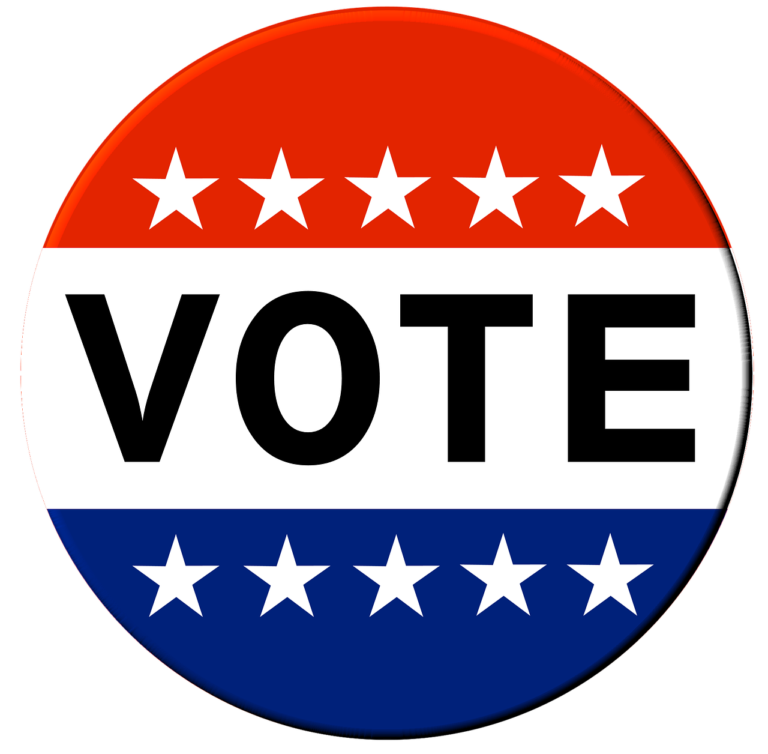
Rita Lord
Northside News
Voter turnout is generally lower in spring (local) elections than in fall (state and national) elections. Just over 10% of eligible voters turned out for the Feb. 16 Spring Primary, and it’s expected that just 40% will turn out for the April 6 Spring Election.
Nancy Dodge, a member of the Northside Action Term, wrote in a 2019 Northside News article that “When it comes down to it … [w]e are probably more affected by local and state governments … than by national events. For example, local spending on schools, road maintenance and law enforcement has a direct impact on our families and neighborhoods. In fact, local officials are often more sensitive to the wishes of their voters.”
On April 6, Northsiders will elect members of the Madison Common Council, Dane County Board, Madison School Board, and Dane County Executive, as well as Dane County judges and the State Superintendent of Schools. Your vote is important.
Madison Common Council
The Common Council acts as the legislative branch of city government. It establishes, goals, sets policies, and determines major projects and infrastructure improvements.
Alders represent the city’s 20 aldermanic districts for two-year terms. Each alder is assigned to serve on several commissions/committees, so they attend Common Council meetings (usually two a month) and numerous committee meetings.
The city has 78 commissions, committees, subcommittees and task forces, each made up of alders, city staff and members of the public. Commissions/committees review everything from arts to alcohol licensing, budgets to building codes, health to housing, parks to police, lakes to landlords and tenants, streets to transportation, and more.
Does your street need a stop sign at that busy corner? How is the property assessment on your home calculated? What new housing developments will be built in your neighborhood? Is there contamination in the soil, water or air in your part of town?
The people you elect to the Madison Common Council directly affect you.
Dane County Board of Supervisors
The Board of Supervisors is the legislative and policy making body of county government. It is made up of 37 supervisors elected for two-year terms. Each supervisor is assigned to serve on several commissions and committees. The board meets twice a month, and supervisors also attend public hearings and committee meetings.
The county has 84 commissions and committees, comprised of supervisors, county staff and members of the public. Committees review issues related to housing, aging, child protective services, cultural affairs, public health, economic development, criminal justice, environment, mental health, lakes, sewerage, parks, public protection, transportation, veterans and more.
What is the county doing in response to COVID-19? What efforts are being made to reduce crime? What’s being done to improve the quality of Madison’s lakes? What services and benefits are available to Dane County veterans?
The people you elect to the Dane County Board of Supervisors directly affect you.
Dane County Executive
The county executive is the head of the executive branch for Dane County government. The county has a population of more than 500,000 and an annual county budget of $600 million. The county executive directs 31 county departments, including the airport, Alliant Energy Center, sheriff, emergency management, highway/transportation, human services, land information, medical examiner, equity and inclusion, planning and development, public health, public safety, public works, register of deeds, UW Extension, veterans, waste and renewables.
Madison Metropolitan Board of Education
The seven-member Madison Metropolitan School District (MMSD) serves students in Madison, Fitchburg, Shorewood Hills, Maple Bluff, Blooming Grove and Burke. It includes four regular high schools, one alternative high school, 11 middle schools, and 31 elementary schools.
The board provides oversight of school district activities, including curriculum, meal programs, class sizes, building maintenance, Madison School & Community Recreation programs and more.
Which after-school activities should be offered? Does your child’s school need maintenance updates? Are classes offered that teach students about managing finances?
The people you elect to the MMSD Board of Education directly affect you.
Learn more at cityofmadison.com/council, countyofdane.com and Madison.k12.wi.us.